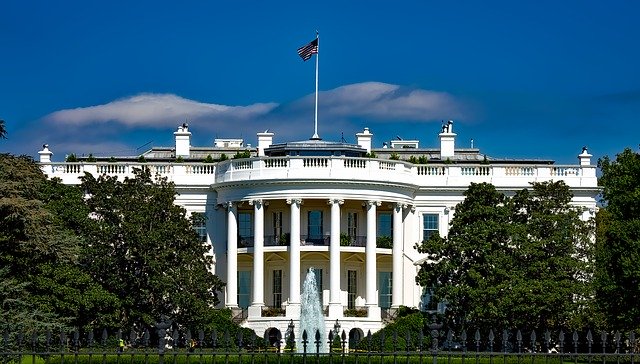
Building on our post from last week, today we’re going to go a little deeper into martial law. You may have heard rumors and conspiracies that the US government could declare martial law to address COVID-19 concerns. Last week, we gave a brief definition of martial law (not marshall law), its history in the US, and what it entails. So today we’ll cover the legality of martial law. What does martial law mean? When can the government declare it? Who does so? How is all of this done?
What Does Martial Law Mean?
First, like we mentioned in our last post, martial law means more than merely the military showing up. That often happens in just about any national crisis. For example, the military went to New Orleans after Hurricane Katrina to provide aid, but that was not martial law.
Instead, martial law not only involves military presence, but the suspension of habeas corpus. In other words, if you’re arrested and held in custody, local courts no longer have authority to determine the legality of your arrest. Rather, the military has that authority. This bypasses the lengthy legal process and can help reestablish order more quickly.
John Warner National Defense Authorization Act
Second, what does martial law mean in terms of declaration? Who has the power to declare martial law? At the state level, the governor usually possesses the authority to declare martial law. Until 2006, the president could only declare martial law with congressional approval. Similar to how the president cannot declare war because Congress alone has that power, according to the Constitution.
However, things changed after the John Warner National Defense Authorization Act for Fiscal Year 2007 was passed. The law included a provision which reads:
“The President, by using the militia or the armed forces, or both, or by any other means, shall take such measures as he considers necessary to suppress, in a State, any insurrection, domestic violence, unlawful combination, or conspiracy, if it… hinders the execution of the laws of that State, and of the United States within the State… or opposes or obstructs the execution of the laws of the United States.”
In other words, the president can take control of a state’s local militia or National Guard without that governor’s approval. The idea behind this law is that if a State fails or refuses to uphold the people’s constitutional rights, then the federal government can move in and take over in order to provide for those rights.
What Does Martial Law Mean? Ask Mark Catanzaro!
Finally, if you’d like to know more about martial law, or need the best defense attorney, then reach out to the Law Offices of Mark Catanzaro!